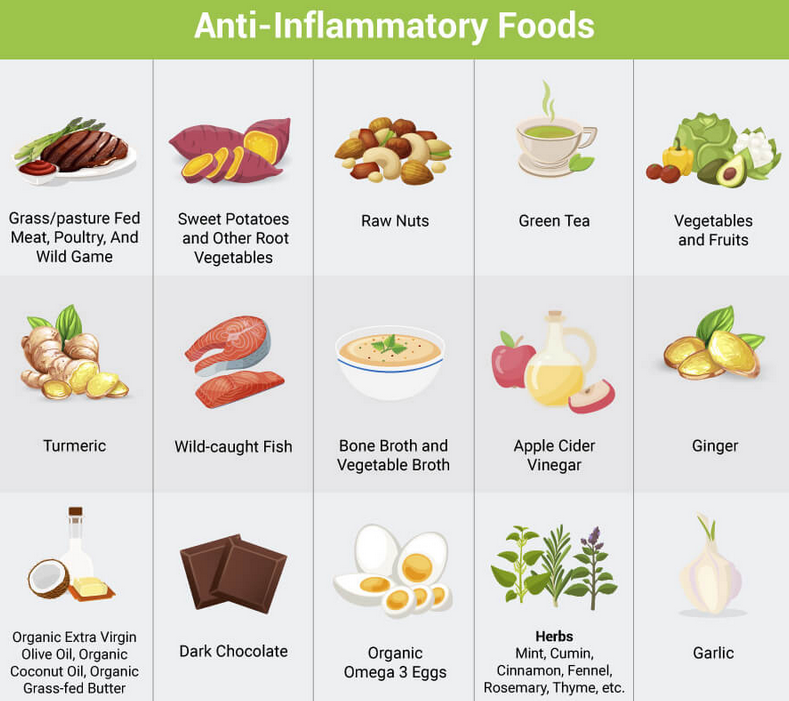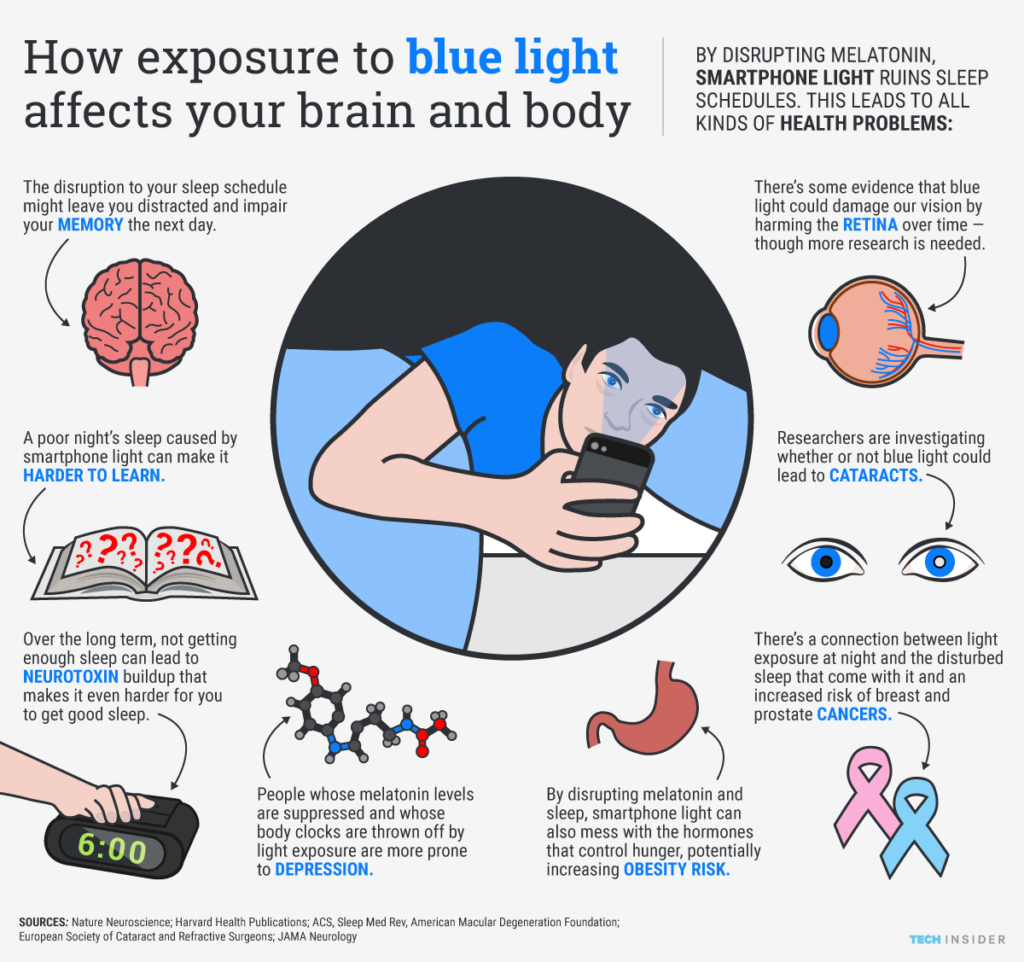|
Sprinting is one of the essential elements to leading an optimally fit life. When I say sprinting, I mean brief, explosive all-out sprints.
They are the single best activity to promote rapid reduction of excess body fat, achieve fitness breakthroughs, flood the bloodstream with anti-aging hormones like testosterone and human growth hormone, and boost neuron function in the brain. Sprinting is a powerful hormetic stressor - a short, natural fight or flight stimulation triggering that renewal signal that makes you more resilient not just for your next sprint workout, but for all other forms of life stress. Improving your sprint game can help you make an assortment of breakthroughs, from fat loss to fitness peak performance in a variety of activities, and generally making you a more confident, energetic person. When you conduct an all-out sprint, you’re asking your body to perform at a level of metabolic function some 30 times greater than your resting output. Numerous studies have shown that sprinting skyrockets growth hormone levels quickly and reliably and boosts protein synthesis (muscle building or toning) by 230 percent. If you want to get into sprinting, let's connect and I'll help you figure it out. You don't have to be a super athlete, anybody can learn how to sprint. Here a brief outline on how a sprint routine could look like:
0 Comments
I listened to a great podcast the other day about why we're not burning fat the way we'd like. You may know this but I'll mention it here again, fat is primarily disposed of via the breath. Calories, as well as excess carbs and proteins, are converted into triglycerides and stored in lipid droplets of adipocytes.
Here are a few reasons why you may not burn fat:
If you want to listen to the entire podcast, here is the source - click here. Key Contributors to Inflammation Inflammation is a vital part of our immune response. It is the body’s way of healing itself after an injury, repairing damaged tissue, and defending itself against pathogens. Looking at is from that way, inflammation is advantageous. But, inflammation can also be damaging to your health. Learning what causes inflammation can help you protect yourself. There are two types of inflammation, acute and chronic.
An inflammatory diet, blood sugar imbalances, and leaky gut syndrome can cause chronic inflammation. Sleep loss, chronic stress, environmental toxins, and chronic infections are added factors that can lead to chronic inflammation. It is vital to understand and address these factors to attain optimal health. 8 WAYS CHRONIC INFLAMMATION CAN DAMAGE YOUR BODY
Here are seven leading factors that can cause inflammation in the body. Many of these causes are related to diet and lifestyle and can be modified.
For a complete list of references and more in-depth details, go to the article source - Click Here
SSB - Sugar-Sweetened Beverage
Have you ever wondered what that sugary beverage can do to you and your health? This study published at JAMA (link below) is very interesting. Titled "Association of Sugary Beverage Consumption With Mortality Risk in US Adults". Here some details from the study: The research has linked sugar-sweetened beverage (SSB) consumption to coronary heart disease (CHD) risk, but the role of nutritionally similar fruit juice and the association of these beverages with mortality risk is unknown. Study's Objective: To assess the association of SSBs and 100% fruit juices, alone and in combination (sugary beverages), with mortality. Study's Results: The findings of this study suggest that higher consumption of sugary beverages, including fruit juices, among older adults is associated with increased all-cause mortality. The metabolism of fructose, which is unique from all other sugars, occurs unregulated and almost exclusively in the liver. Fructose consumption is known to alter blood lipid levels, markers of inflammation and blood pressure, while high glucose consumption has been associated with insulin resistance and diabetes, independent of weight status. Fructose consumption may also stimulate a hormonal response that promotes fat deposition centrally. Greater central adiposity is a long-recognized cardiovascular disease risk factor. In addition, research suggests that calories consumed in liquid form can increase obesity risk owing to an incomplete compensation for the calories they contain. Source: Jama Network How Exposure to Blue Light Affect Your Brain & Body
By disrupting melatonin, smartphone light, TV screens and computer monitors can ruin sleep schedules. This can lead to all kinds of health issues. Among these issues are:
Check out the image below for more potential risks of blue light. Source: Harvard Health Publication |
Author
DannyTheCoach Archives
January 2023
Categories
All
|







 RSS Feed
RSS Feed